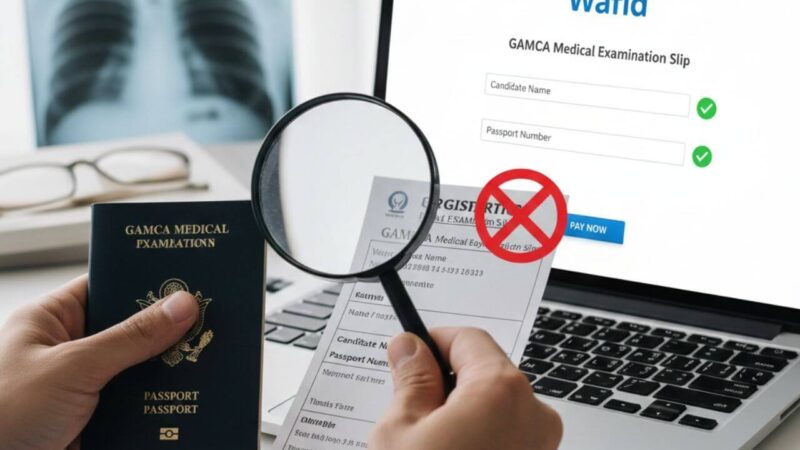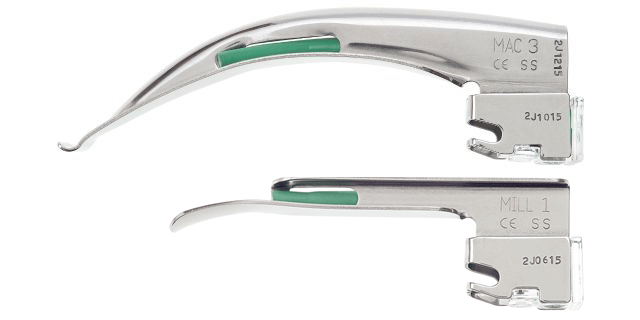Symptoms of eyes problems

Anyone can suffer from vision problems, but if you’re a professional in the eye care industry, you know just how serious they can be. In this blog article, we will explore some of the most common symptoms of eye problems and what you can do to prevent or treat them. From dry eyes to migraines, read on to learn everything you need to know about eyes and their many problems.
The eyes are one of the most important organs in our body. Without them, we would not be able to see or function in the world. And yet, eyes can also be quite delicate and susceptible to injury. In this blog post, we will explore some of the most common symptoms of eye problems and what you can do to prevent them from becoming a reality. From dry eyes to blurry vision, read on to learn everything you need to know about eyes and how to keep them healthy and functioning optimally.
What are the most common eye problems?
There are many different types of eye problems and each can cause different symptoms. Here are the most common:
1. Eye pain
2. Excessive tearing
3. Red or watery eyes
4. Eye fatigue
5. Vision changes, such as blurring, distortion, or blindness
There are many different types of eye problems, but some of the most common include dry eyes, conjunctivitis (pink or red eyes), eyelash loss, eyestrain, and vision problems. Here are some other symptoms to watch for if you think your eyes are bothering you:
– Eye pain
– Feeling like something is in your eyes
– Reduced vision
– Blurred vision
– Eye fatigue
– Difficulty focusing on objects
How can you tell if you have an eye problem?
There are a few simple things you can do to check if you have an eye problem. One is to look in a mirror and see if your eyes are red or inflamed. If they are, it may mean that you have an infection in your eyes. Another thing to check is if you can see perfectly in straight lines when looking directly at something. If not, it could mean that you have a vision problem. However, many people with vision problems don’t even know it because they are able to see the fine on the inside of their eyelids. Finally, one way to test your vision is by using a computer with a screen reader. This tool reads what is on the screen out loud so that you can hear if anything appears blurry or distorted.
What should you do if you have an eye problem?
If you are experiencing any of the following symptoms, it is important that you see a doctor as soon as possible:
-A sudden change in your vision, such as problems reading or seeing things clearly
-Sensitivity to light or glare
-Eyestrain
-Bad vision after sleeping or when waking up
If you are experiencing one of these symptoms for more than two weeks, it is also important to see a doctor. There could be an eye problem that requires professional care.
How can you prevent eye problems in the future?
There are many ways to prevent eye problems in the future. Here are some tips:
1. Get regular eye examinations. A regular eye examination can find problems early and help prevent them from getting worse.
2. Wear appropriate shades. sunglasses can help protect your eyes from the sun’s harmful rays and can also reduce eyestrain.
3. Eat a balanced diet. Eating a healthy diet is important for your overall health, and it can also help prevent eye problems such as obesity, diabetes, and heart disease. Make sure to include plenty of fruits and vegetables in your diet!
4. Get enough sleep. Most people need at least seven hours of sleep each night to keep their bodies healthy and their eyes functioning properly. Sleep deprivation has been linked with several serious health conditions, including poor vision. Make sure to get enough sleep by avoiding screens before bedtime and turning off electronics an hour or so before you plan on sleeping.
5. Quit smoking cigarettes and avoid using tobacco products. Smoking cigarettes has been linked with several types of eye problems, including age-related macular degeneration (AMD). Tobacco use also increases the risk of developing other types of eye diseases, like glaucoma. If you do smoke, make sure to quit gradually so that you don’t develop any new health conditions as a result of quitting smoking
Conclusion
If you’re noticing any changes in your vision, it’s important to get checked out by a doctor. There are many different types of eye problems that can go undetected for long periods of time, and if not treated, can lead to more serious issues down the line. If you think you may have an issue with your eyes, be sure to contact your doctor as soon as possible.





